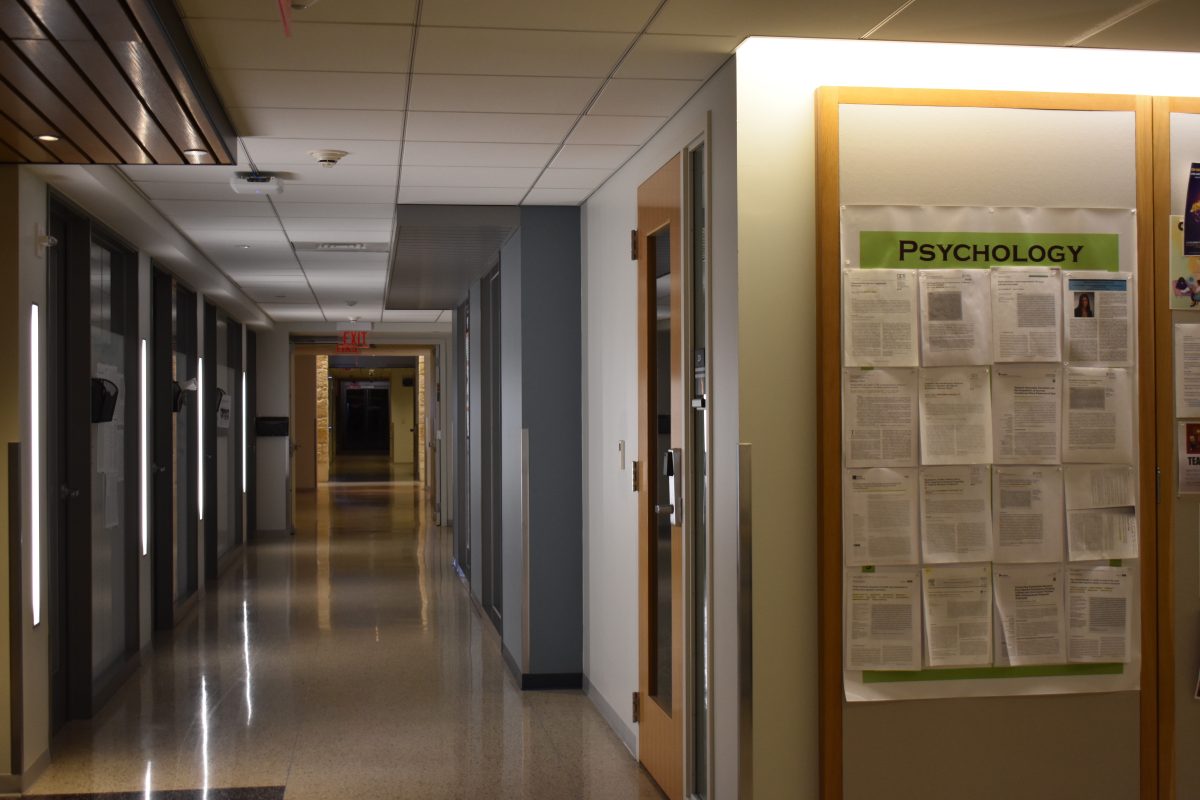Today’s breaking news includes a bunch of 20-year-olds using an anonymous Google Form to fight about whether or not psychology is a STEM major, so let’s bring the debate into a more formal environment. The American Psychological Association reports that psychology is a core STEM discipline, yet many campuses still do not recognize that it falls under the STEM umbrella.
The notion that psychology is somehow less scientific than mathematics, technology, engineering and the natural sciences has sparked great controversy on the TU Complaints Instagram account. As a psychology major, I am grateful that psychology is considered STEM at our university. However, the undervaluing of its scientific worth in the eyes of many students is still ignorant and infuriating.
The social sciences are commonly looked down upon, even among experts in social science fields. It’s somehow less impressive to understand the motives behind human actions and use that knowledge towards marketing, politics and education than it is to figure out why an object falls back down when you throw it. The Nobel Prize, arguably the most prestigious award for academic breakthroughs, can’t even be awarded for social sciences — with the exception of economics. Apparently, it never crossed Alfred Nobel’s mind that science could exist outside of chemistry, physics and medicine.
Many students making claims on TU Complaints further this notion. One student said, “Psychology is a social science hence not a stem.” Others make similar claims using choice language that I would rather not repeat. However, there are still students defending psychology’s STEM classification. One wrote “i want you to say social science again but SLOWLY this time” to place emphasis on the science aspect.
Emphasizing the science behind social sciences like psychology is essential to properly understanding their scope and value. Of course the liberal arts aspect is important as well and the humanities deserve more appreciation in general, but that’s a conversation for another time. In order to graduate with a degree in psychology, undergraduate students are required to take courses in data analysis and research methods. Even introductory classes review the brain and nervous system, analyzing the relationship between anatomy and behavior. As a result, experts in psychology often have a comprehensive understanding of neurobiology due to the considerable overlap between the two fields.
Furthermore, the natural sciences and psychology intersect quite a bit in the realm of conducting research. Reading over any given biology and psychology research paper side by side, you’ll notice glaring similarities. They’ll both start with some background information, citing previous studies that have explored similar topics. Then, they move on to their own hypotheses, methods, results and discussion. The only real difference is the topic of study.
Despite this, a majority of colleges and universities outside of Trinity do not classify psychology under STEM the same way they do without a second thought for biology. Failing to recognize psychology as a science robs students of opportunities. Without this important designation, those studying psychology face eligibility issues when applying for STEM scholarships, fellowships and even work authorizations in the case of international students hoping to pursue practical training. Looking down on psychology deprives future clinical, behavioral and cognitive psychologists, among countless others in more specialized fields, of essential resources.
As a sophomore psychology major myself, people seem to think I have it easy until I mention that I’m pre-med. Even then, they believe I’m only taking psychology as an “easy major” while I focus on medical school prerequisite courses. This couldn’t be further from the truth. Upper-division psychology classes at Trinity such as Fundamentals of Cognition and Sensation and Perception are highly neurobiology-centered, studying speech perception, language, memory and visual neurophysiology between them. These courses also fill only six of the 42 hours required to fulfill a psychology major, so they only scratch the surface.
At Trinity, we are lucky that psychology has the STEM designation it deserves. The psychology department is housed in the Center for the Sciences and Innovation (CSI) along with our natural science departments. Unfortunately, though, the notion that psychology is not a STEM major is still widespread. It is only considered STEM when looking through the lens of natural science, as the social sciences are still vastly undervalued — including sociology, whose department at Trinity was moved from CSI to Storch not too long ago. All in all, psychology and the social sciences deserve more recognition for adhering to the scientific method and innovating in ways just as groundbreaking as other STEM disciplines.








